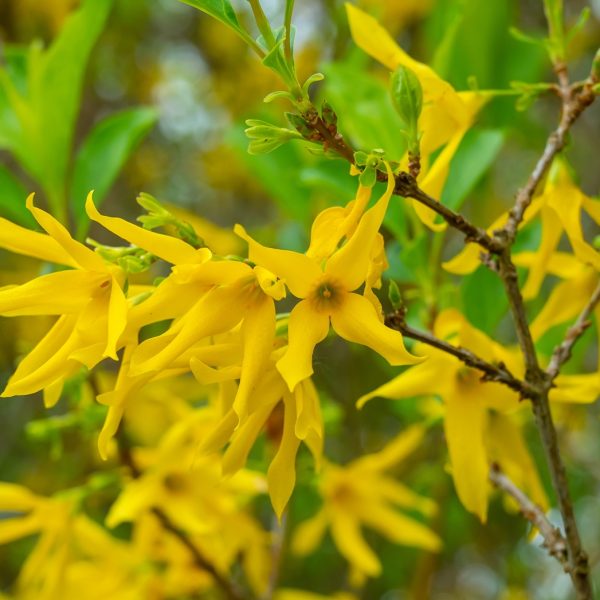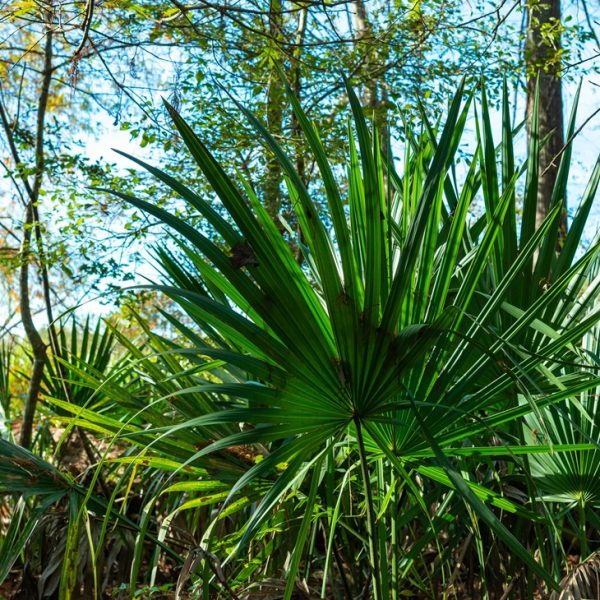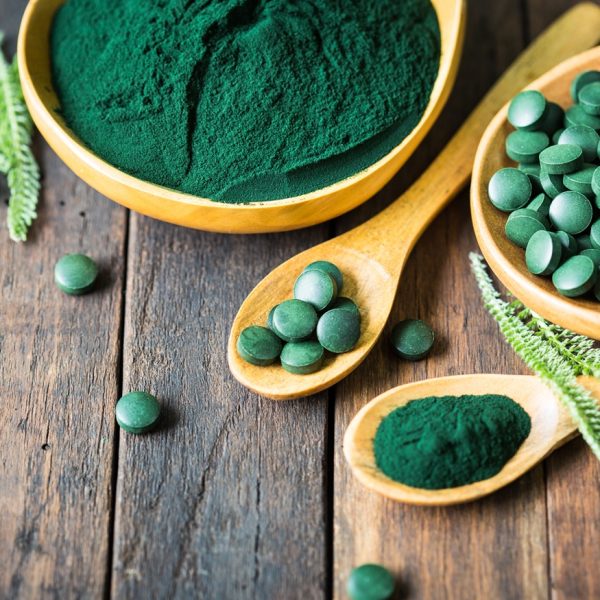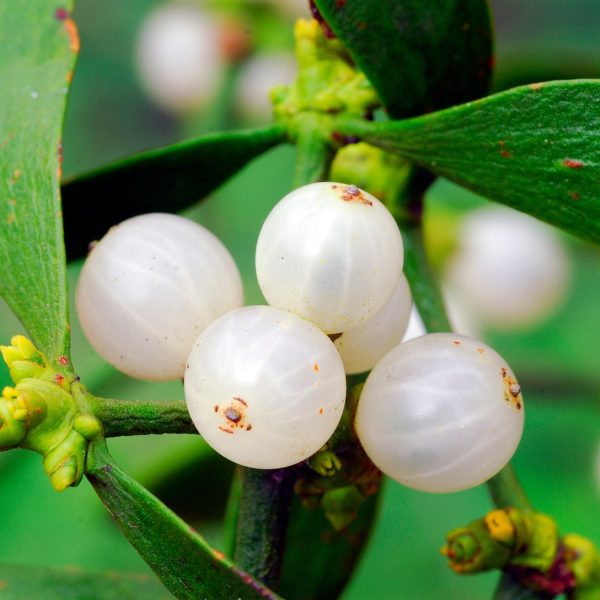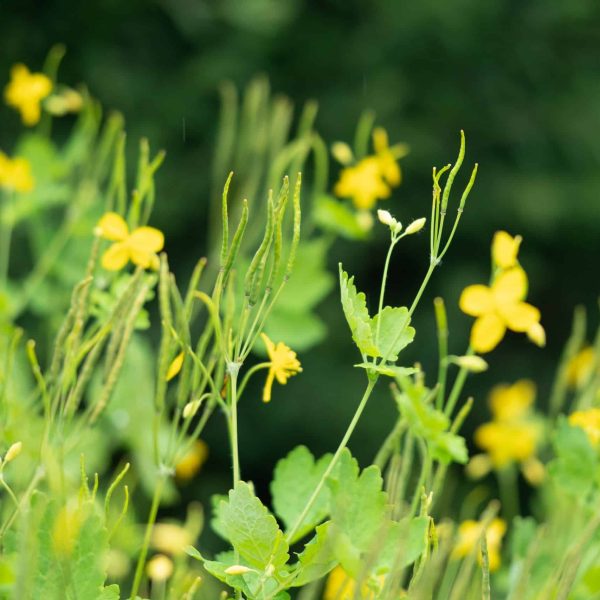Integrative medicine finds a way for different medical systems to work together. Here, the founder of the National Centre for Integrative Medicine shares insights on different aspects of this new medical paradigm.
The story of integrative medicine in the UK

Being given an open invitation to write about Integrative Medicine (IM) I have been wondering what is most important to communicate about this model of healthcare I have been investing time and energy in. It’s a decade since I set up the National Centre for Integrative Medicine, as a centre of excellence and part of a wave of transformation inspired by Dr Andrew Weil from Arizona University who coined the term. He was brave enough to emphasise an inclusive and diverse model that combines conventional, lifestyle and holistic approaches to support health and wellbeing (1).
Lifestyle medicine in the UK is moving a pace and frontline doctors are adopting recommendations also wanting to move medicine downstream to prevent illness and take the pressure off an overwhelmed NHS. It’s those “pesky” holistic or complementary approaches and their purported lack of science that are hard to look after, including herbal medicine. You may remember that in October 2018, NHS England under Simon Stephens leadership, recommended that no doctor be allowed to prescribe homeopathic or herbal products. Soon after, it was decided that some doctors would be asked to prescribe cannabis for their patients creating confusion about whether herbal medicines should have a place in modern healthcare. It highlights the battle between what our patients find useful and what doctors find acceptable, described by Sophie Sabbage, as being ‘caught in the crossfire’ (2). After 30 years of working in cancer and having set up an Integrative Cancer Care service in a Bristol teaching hospital offering a herbal preparation of mistletoe and homeopathic medicines, it was this ban on herbal and homeopathic products that heralded the closure of the NHS homeopathic service I had led in Bristol. It is important to note that herbalism and homeopathy are very different systems of medicine, but they are often grouped together as they are both “alternative” to pharmaceuticals.
Fashions come and go and when I arrived in Bristol in the year 2000 as a newly qualified NHS Consultant, complementary therapies and associated research were being supported with an emphasis on inexpensive and safe interventions being an important part of a modern health service. Over the next 15 years the sceptics groups armed with scientism, lobbied for the removal of complementary services and even now are lobbying to remove positive research trials from the scientific literature.
Now with the help of terms such as Integrative Medicine and Integrative Oncology the pendulum is swinging again. For example, the Society of Integrative Oncology has issued guidelines recommending mistletoe in breast cancer because of good quality science and combining conventional, lifestyle and complementary approaches in cancer care is gaining traction with a view to reducing treatment side effects and supporting quality of life (3).
What do we do at the National Centre for Integrative Medicine?
So back to NCIM and enjoying time on my allotment, watching something grow is magical but it takes time to build and then moving into real thriving rather than surviving can feel elusive. Setting up the structure of the organisation was a challenge but with the help of a Social Enterprise Fund and serendipity working its magic, the NCIM board and core team came into being. Ten years later, NCIM is delivering a range of services across four pillars of activity: Education, Wellbeing, Community outreach and Membership with our Society for Integrative Healthcare bringing together a like-minded community passionate about a transformation in healthcare.



Within the community outreach pillar, The Earthsong Foundation supports our Food for Mood programme that has been delivered with both the University of Bristol and Bath, supporting student mental health and wellbeing with both online and in person interactive cooking sessions, looking at stress, gut health and sustainable change, and includes sharing a meal at the end of each session to allow time for discussion and connection. It is also great to see mainstream medical literature highlighting the need for high quality food in mental health (4)
We have also finally found a physical home in Ham Green, our green home, co-locating with Penny Brohn UK and likeminded organisations who see whole person health as the future.

Education is a vital part of what NCIM has to offer. Our academic programme includes the accredited master’s Level 7 Diploma in Integrative Healthcare, with 8 core modules: IM701 covering the History and Philosophy of Integrative Medicine (IM), and two modules IM702 and IM707 covering the many lifestyle and holistic approaches and the conditions they could be useful for. IM703 focuses on Holistic Consulting, IM706 draws in elements of business and setting up or being part of a dynamic IM practice and a final module IM708 supports an in-depth assignment in the workplace. Another module IM704 Critical Analysis, informs the learning throughout the Diploma with experts in research and evaluation helping learners understand how to assess the research that is out there and the available evidence base. IM704 investigates social prescribing as a model to resource communities and threads of self-care, planetary health and leadership and finding balance in our professional and personal lives, permeate the course. It is structured with 6 pillars of three, 3-day intensives and regular face to face online tutorials and in between self-directed online learning supported by the NCIM Virtual Learning Environment. We are excited to have just launched a new third year which takes the master’s to a full 180 credits and allows learners to take research in the field of IM forward.
With the thread of herbal medicine, we have an expert in Western Herbalism as one of our modular leads and another who is an expert in Traditional Chinese Medicine herbs plus myself as an expert in Medical Homeopathy. Our modular lead team represent the diversity of the IM model and one of our highlights is our annual visit to the Bristol University Botanic Gardens where we can share knowledge of these different disciplines with the plants themselves. Dr Vivien Rolfe has just joined the team and as previous Head of Herbal Research at Pukka brings a wealth of knowledge. Viv providing a session on the science behind the growing and preparing of medicinal herb teas as a new session into the Diploma Fellowship programme was a highlight of the last Intensive.
Differences between the medical philosophies

Over the many years of working with a dedicated team of people to develop and deliver the Diploma, something emerged as we gathered lifestyle approaches such as nutrition, green care, the arts in healthcare, exercise, and a range of holistic interventions. Whereas lifestyle could slip into the biomedical model and be adopted more easily in frontline medicine, the holistic approaches, sometimes with ancient traditions like Ayurveda, Traditional Chinese Medicine, or Western Herbalism, Naturopathy and Homeopathy, challenged the model of man as machine and crucially the meaning of symptoms. These whole systems approaches valued balance and the belief that the body is a vital, energetic and expressive organism that is communicating distress through symptoms.
As a Palliative Physician I was used to symptoms that were so difficult they needed managing with strong drugs and at the same time I would continue to understand emotional, psychological, spiritual and social factors that might play a part in how a symptom was experienced. With homeopathic practice like other whole system approaches, symptoms were a gateway to a deeper understanding of a vital disturbance that was directing an individual to connect with themselves and with a substance in nature, plant animal or mineral, a signature substance that could help the body restore harmony and flow as if Nature and Man were indivisible. In our last Integrative Healthcare Forum focusing on integrative approaches to support mental and emotional health we learned about the left and right hemispheres, the left understanding the world through discrete and separate elements and the right who sees patterns and believes that everything is connected.
It reminded me again of IM and how it is drawing left and right brain activity together and how useful that can be in healthcare. Left brain reasoning is still essential, and some of the holistic approaches have more evidence than one might imagine. Within the Diploma the Critical Analysis module reinforced the need to understand, critique and communicate the evidence with dispassionate eyes, at the same time as valuing a more balanced evidence base with qualitative and quantitative research again a function of left and right brain the left driving comparison and certainty and the right understanding individual experience and mystery.
Our aims with integrative medicine
Integrative Medicine is also about building a community of like-minded colleagues and our Integrative Healthcare Forum (IHF) days, held three times a year as part of the face-to-face intensives have been filled with a range of healthcare professionals, medical students, researchers and the public. The feedback has been ‘it’s great to be in the same room!’.

IM isn’t just about a diverse range of interventions. At its heart is Holistic Consulting with sensitive inquiry and continuity which is reflected in our wellbeing services where we are building a multiprofessional Integrative Clinical Team. Our Integrative Medicine Doctors at NCIM can worry about their lack of knowledge with questions like ‘What will I do?’ ‘What will I recommend?’. Our impulse to fix things is strong as medics but the consultation is that safe place when people can put the complexity out on the table and sometimes watch the pieces come together and find their own solutions. With the hope for us as a clinician, that within a diverse model there is often something that can be done, we can also harness the placebo or self-healing response and the power of hope for our clients. If we are fortunate, we can be trusted to help decision making in light of the scientific evidence, preferences, cost and potential harms and benefit.
In my life’s work in Integrative Cancer Care I have sometimes been able to support someone not to spend that hard come by £10,000 to fly somewhere far away and be offered a “cure” for their cancer that has clearly moved too far through the body to ever be cured. However, the diversity and inclusivity of the IM model has allowed me to stay in connection with the person whatever their choices. This highlights the need for thorough record keeping and clear letters to colleagues, to make it clear that supporting someone’s choices in the light of frank discussion about their clinical condition and the evidence, does not mean advocating treatments that are expensive and ineffective.
For many of us that have been supporting a transformation of healthcare, there is a lot of positive change and with an increasing number of IM centres and courses popping up all over the world. We have had more applications than ever before for the Diploma and the wave of change is building. We also set up our free Integrative Medicine Matters newsletter and Integrative Healthcare Webinar series to get key messages about health and wellbeing out there to the public. We have also been teaching new IM courses to the Bristol University medical undergraduates. They have enjoyed these courses and we have enjoyed supporting their natural leaning towards nutrition, green care and the healing arts.
Do get in touch with us if you would like to learn more about our courses. You can email education@ncim.org.uk for a prospectus and check out NCIM’s Society for Integrative Healthcare on our website www.ncim.org.uk/membership – we would love to hear from you!
References
- The evolution of integrative medical education: the influence of the University of Arizona Centre for Integrative Medicine. Maizes V, Horwitz R, Lebensohn P, McClafferty H, Dalen J, Weil A.J Integr Med. 2015 Nov;13(6):356-62. doi: 10.1016/S2095-4964(15)60209-6.
- The Cancer Whisperer Sophie Sabbage
- Supportive cancer care: is integrative oncology the future? Ingrid Theunissen Jean-Lionel Bagot Current Opinion in Oncology
- Food and mood: how do diet and nutrition affect mental wellbeing? Joseph Firth, et al BMJ 2020; 369: m2382 (Published 29 Jun 2020)


